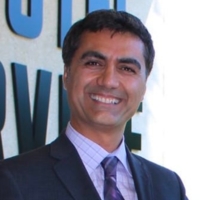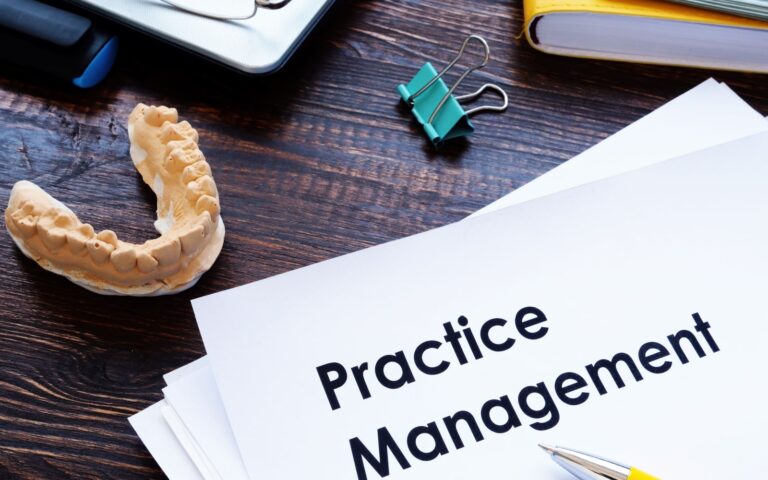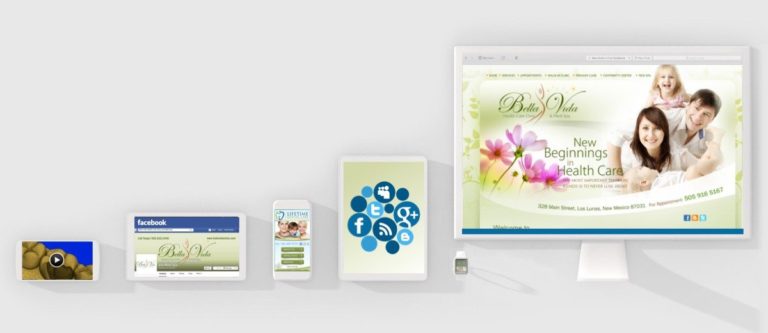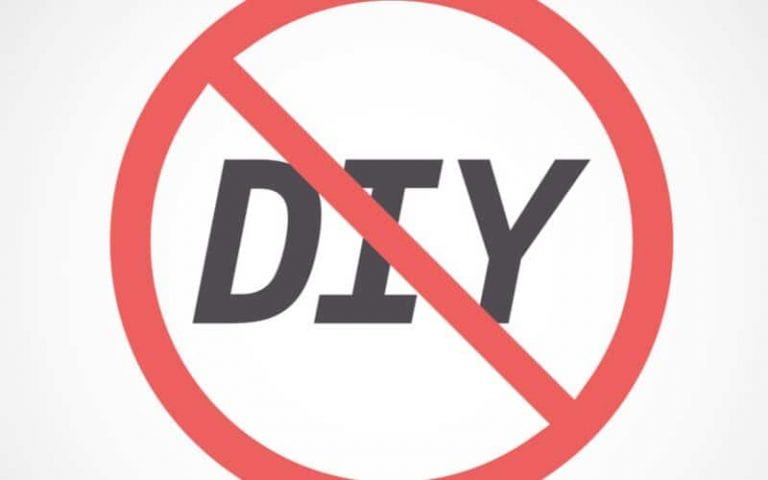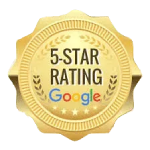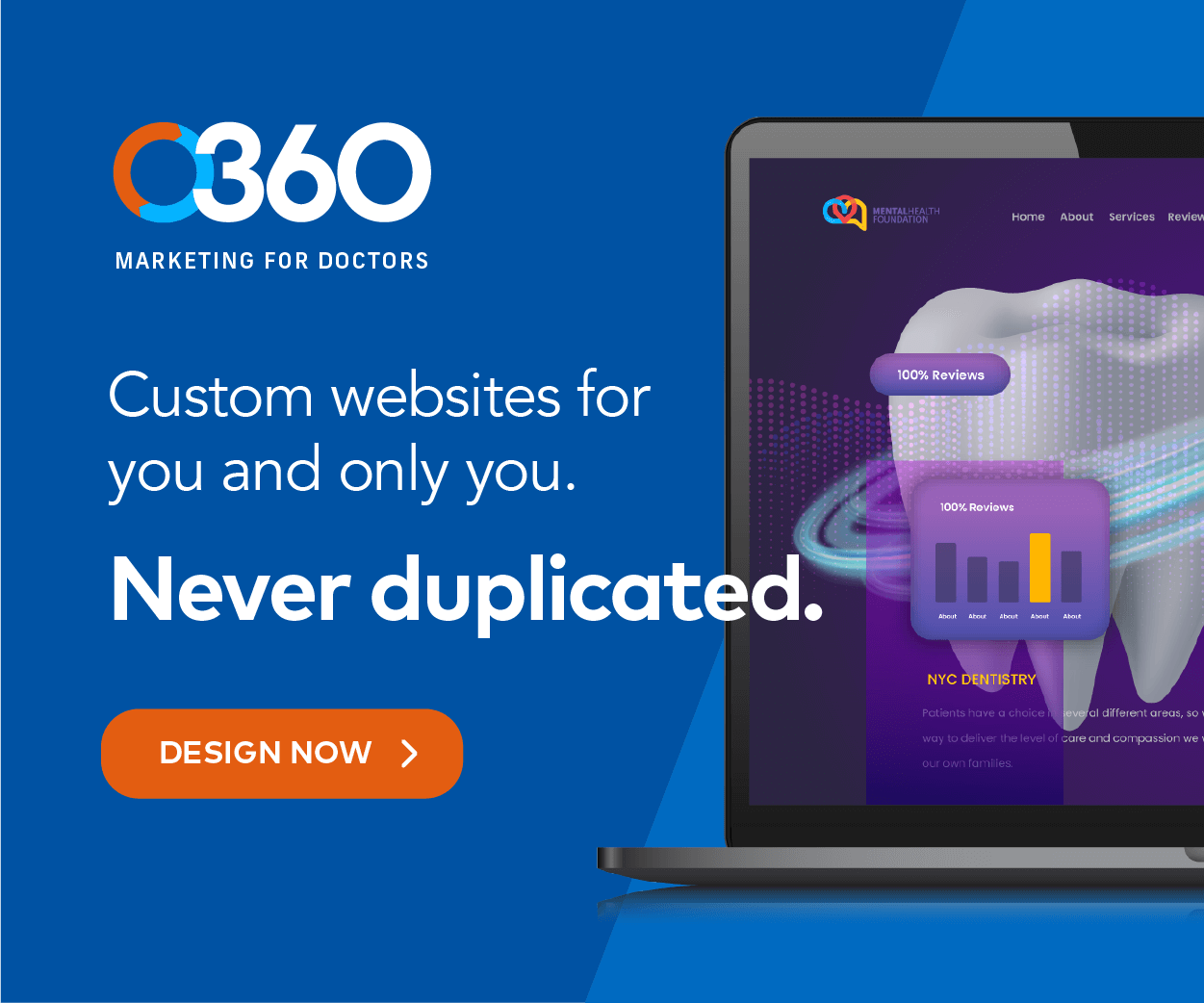Healthcare professionals can raise public awareness through these social media platforms by sharing patient healthcare tips. Social media is a strong tool for sharing healthcare concerns with your audience. However, there are significant challenges to achieving successful healthcare marketing on social media.
Why You Should Share Patient Healthcare Tips On Social Media
Healthcare is a highly regulated industry because of healthcare organizations’ impact on people’s lives. Providers handle sensitive information daily, fighting against misinformation and confusion about their services.
Sharing patient healthcare tips on social media helps improve public health in the long term. It provides a reliable source for patient education and health news. Successful use of social media educates, motivates, and attracts new people to your practice.
- Reach Your Audience: Even a local family doctor serves a demographic that includes significant diversity. Healthcare professionals serve people of all ages and backgrounds, and social media provides an effective way of reaching them with patient healthcare tips. Social media helps you connect with your local community and a global audience. You can use it to build relationships and communicate directly.
- Manage Your Reputation: People seeking medical primary care want to use trusted providers. They seek reliable sources of care and information. When done successfully, your practice will be in their minds when they want positive health outcomes.
- Compete Effectively: Healthcare providers always focus on patient care, working to improve patient health and recovery times. No specialty exists in a vacuum, and social media elevates your image above your competitors.
- Raise Public Awareness: Social media can help provide patient education materials on seasonal health issues and public health crises. This guidance builds trust and reliability that will make your practice their choice for seeking care.
These four points are the foundations of how effectively using social media marketing can boost your performance. Your practice will grow as you build your reputation, share valuable information, and establish your followers’ trust.

Using Social Media To Serve Your Patient Community Better
Health systems play an essential role in their community. Their services often go beyond their office walls. Professionals like you invest time and energy in sharing patient healthcare tips and serving as health educators. Many healthcare providers volunteer to run events and work coordinating with local businesses to get information out.
Social Media provides an avenue for sharing patient healthcare tips such as:
- Recommendations for addressing symptoms or side effects
- Self-help and external resources for managing a diagnosis
- Links to new studies and treatment options
In addition to serving to educate the public on important matters, these messages can lead to other content. Social media posts about symptoms can link to a blog on your page covering the disease. You can direct posts about studies and treatments to your service page for those treatments. There’s no better way to get your audience critical patient healthcare tips out.
Social media is also useful for fighting health misinformation during any health crisis. During a public health emergency, your patients will hear advice from many people trying to profit from their suffering. Providing valuable, accurate information is your most effective way to protect them.
Establishing Authority On Social Media Platforms
The emphasis on establishing your practice as a trusted authority isn’t just about attracting customers. Being a powerful voice for fact-based healthcare and your community is essential. A professional social media profile is core to developing trust and authority. This is just one element that contributes to creating a presence that boosts and maintains your reputation.
- Social Media Profile: Every social media platform has a profile page that you can use to represent yourself further. An incomplete profile page is often a sign of an untrustworthy source. However, it’s not just about filling in the boxes. Sharing accurate and useful patient healthcare tips will show your practice in a good light.
- Consistent Posting: Maintaining a steady posting schedule performs two important tasks for your practice. The first is that it keeps your practice fresh in the minds of your followers and provides additional opportunities to gain new ones. More importantly, consistently submitting posts that contain relevant and timely information builds trust with your audience.
- Engagement Is Intel: When a post experiences a high level of engagement, it has meaningfully connected with its followers. This information tells you what content resonates with your followers and can guide you in future postings. It can also help you adjust how you engage your community and what local events to support.
- Keep Your Content Relevant: Remember that your followers seek healthcare information. Humorous or light-hearted posts can be effective tools for building rapport with your audience, but they should be infrequent. Further, the information you provide needs to be relevant to your practice. Dental posts from a pediatrics clinic may be useful, but its veering away from your core set of services.
- Work with Other Providers: When your specialty overlaps with other types of care, teamwork can be immensely helpful. Using the dental post example above, collaborating with a pediatric dental clinic would be an effective tool. Their target audience overlaps with that of a pediatric medical clinic, so the posts remain relevant. Further, a shared post implies a stamp of approval from the posting clinic, setting a foundation of trust for the patient.
- Inspire Your Followers: While your content needs to be relevant to your audience, inspirational content can be powerful. This content can relate to your patients’ challenges or even share their triumphs. These messages help build rapport with your audience and give them the hope they need.
- Engagement Through Infographics: Infographics are powerful tools for presenting information in an accessible way. They can visually demonstrate concepts without using complex medical terminology, making statistical information more concrete. They also present and allow quick absorption of this information, making it perfect for patient healthcare tips.
These points represent foundational methods for building your position as an authority on the services and care you provide. They will help ensure your patients look to you when they need reliable medical information or care.
Tailoring Your Healthcare Content To Your Platform
Each social media platform differs in its approach to sharing information and its audience. You must tailor the patient healthcare tips you post on these channels to match them and your patient’s preferences. Below, we’ve provided a guide on how to best make use of these social media channels.
Facebook is perhaps the most well-known and deeply utilized social media platform today. It serves billions of monthly users and is the primary platform for countless businesses, music groups, and organizations. Its algorithm favors content that encourages user engagement.
- Quizzes: Content that provides multiple-choice options for health-related questions. An example is: “Your daily dental care routine should include: A) Brushing twice a day, B) Flossing, C) Mouthwash, D) All the above.”
- Polls: People love sharing their opinions, so polls are a great way to encourage engagement. Healthcare professionals can create polls to ask when people last got care. You can also ask how often they think about health. These polls can connect to informative articles about the topics they cover.
- Educational Posts: Educational posts about evidence-based care are also effective at driving patient engagement. They are most effective when they include time-sensitive patient healthcare tips, such as “Steps to prevent the flu” posts made during the cold season.
- Live Streams: Facebook Live allows you to host live sessions with your followers. These video streams are exceptional for building patient trust through real-time engagement. Your live streams can take several formats, including Q&A, seminars, etc.
Instagram’s format focuses on static visual content through single posts and reels. This platform also includes reels that deliver short videos to your audience. A powerful platform exists for practices that produce visually appealing results. Dentists, cosmetic surgeons, and aestheticians can leverage before-and-after images to build follower trust.
X and BlueSky
These platforms focus on short, punchy updates tailored to fit the fast pace of their followers. They’re an excellent platform for conversational interactions and coincide with real-time updates. SEO experts find that polls and quizzes drive engagement on these platforms.
Using specific hashtags like #CancerAwarenessMonth can help you connect with your audience. Sending out information GIFs is another great way to take advantage of this platform dynamic.

Let Social Media Professionals Drive Engagement and Conversion
As a healthcare professional and business owner, you wear many different hats. Managing your social media marketing efforts is a significant time investment that is hard to perfect. Why not leave your social media healthcare marketing strategy to experts who can get results?
Optimized 360 can manage your social media platforms. We will create content that fits your services and clients. Your practice is too important to leave your social media campaign’s success to chance; call us today!

